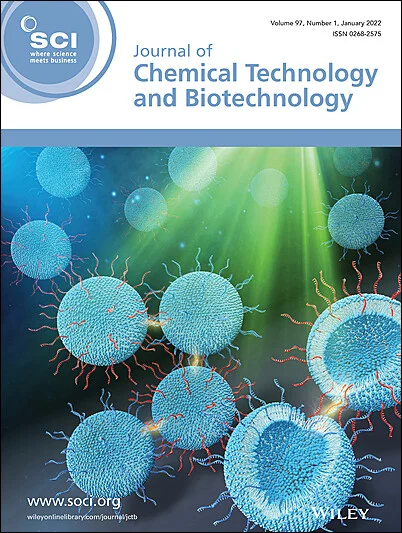Synthesis of MCM-41 and SBA-15 from rice husk silica and their carbon replicas for hydrogen adsorption
Abstract
BACKGROUND
Rice husk, an abundant agricultural by-product, presents a promising renewable silicon source for producing carbon-based materials through sustainable and eco-friendly approaches. Among emerging clean energy solutions, hydrogen storage remains a critical challenge for the practical deployment of hydrogen energy systems. This study explores the use of rice husk-derived silica to synthesize mesoporous nanostructured silicon materials and their corresponding carbon replicas. The goal is to develop efficient materials for hydrogen adsorption, with performance surpassing that of other biomass-derived carbons synthesized under comparable conditions – thereby offering a competitive and sustainable solution for hydrogen storage.
RESULTS
A cost-effective, sustainable synthesis route was developed to produce siliceous templates MCM-41 and SBA-15 using cetyltrimethylammonium bromide and Pluronic P123 as surfactants. Their carbon replicas – rice husk ash (RHA)-MCM-41 and RHA-SBA-15 – were fabricated via a nanocasting method employing sucrose as a carbon source. The resulting materials were characterized using X-ray diffraction, scanning electron microscopy, transmission electron microscopy, and nitrogen adsorption–desorption techniques. Notably, the synthesized mesoporous carbons, RHA-CMK-3 and RHA-RMCM-41, exhibited high surface areas ranging from 800 to 1400 m2g−1 and featured both mesoporous and microporous structures.
CONCLUSION
The synthesized carbon replicas demonstrated significant hydrogen adsorption capabilities. Among them, RHA-CMK-3 showed the highest hydrogen storage performance, reaching 3.6 wt% at 196.15 °C and 10 bar. These findings highlight the potential of rice husk-derived nanostructured carbons as efficient and sustainable materials for hydrogen storage applications. Moreover, the obtained materials exhibit hydrogen adsorption capacities surpassing those of other biomass-derived carbons synthesized under similar conditions, reinforcing their competitive advantage for energy storage solutions. © 2025 Society of Chemical Industry (SCI).




 求助内容:
求助内容: 应助结果提醒方式:
应助结果提醒方式:


